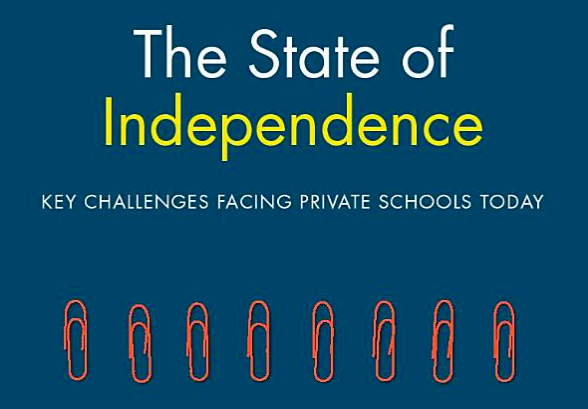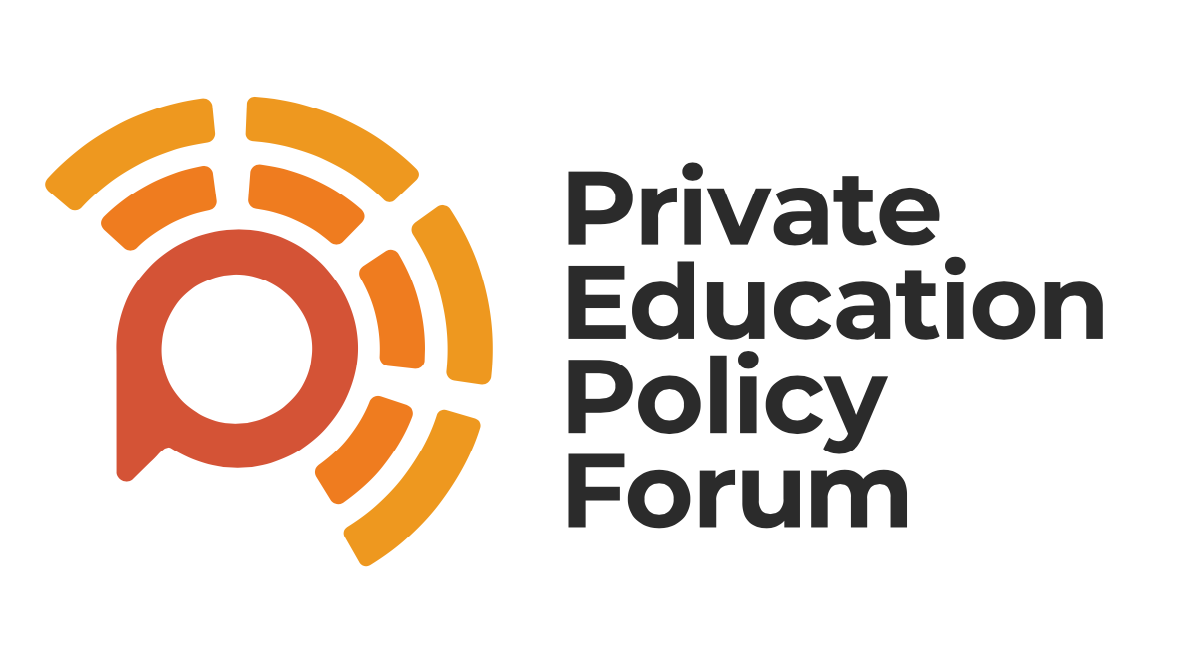Authors:
Edited by David James and Jane Lunnon
Reviewed by:
Melissa Benn

Future historians who want to understand what British private schools in the early 21st century felt like from the inside will find this an intriguing compendium.
Published last autumn before the world was transformed by an eighty-seat Conservative majority and the coronavirus, this collection features the voices and views of those working across the independent sector.
Unsurprisingly, the single most anguished and repeated cry arising from these pages concerns the changing place of private schools in the broader political landscape. There is a strong sense here of an unjustly hunted quarry: a noble sector subject to envious, politically motivated, attacks from every side.
According to Julie Robinson of the Independent Schools Council: “Wherever we look, we find political challenge” while Tom Richmond from Policy Exchange claims that “we have now reached a situation, unprecedented in recent times, where neither of the main political parties in England are showing any great affection for private schools”.
That’s actually a bit of an understatement. Michael Gove famously jibed that tax rebates arising from charitable status have turned private schools into “welfare junkies” and the Johnson government has recently announced that it is reviewing private school business rate relief, indicating that it might go the way of the Scottish government and abolish the relief entirely.
Meanwhile, after 40 years of virtual silence, Labour has over the last couple of years shown a fresh interest in reforming private education although whether Labour’s new leader will take up some of the radical policy initiatives floated during the Corbyn years remains to be seen.
But it’s not just the political world that has apparently altered the subjective experience of leading, teaching or learning within a private school. Fast rising fees have also played their part: one reason why, according to Ed Dorrell of the TES, “the independent sector is losing ( has lost?) the battle for hearts and minds among both the ruling classes and the aspiring middle classes”.
Several contributors illuminate the growing pressure from parents desperate to ensure that their children get into the best universities with private school teachers expected to manage a constant stream of communications from parents on the progress of their offspring.
There are new threats too to the junior, or preparatory side, of the sector as parents use state schools at primary level in order to conserve money for secondary fee-paying education.
It also works the other way round, of course, with parents paying fees at primary level in order to get their children through the 11 plus test and so secure a place in one of the country’s recently expanded grammars (roughly 13% of those at grammar schools have been educated privately below the age of 11).
There’s a fair bit on the opportunities offered by globalisation, including the fast growing market of low-cost private education in the developing world, here uncritically considered a Thoroughly Good Thing.
As for more elite provision, there are two connected worries: that wealthy foreign students are already edging out British-born children, and that overseas parents might withdraw their children from UK private schools and send them ‘down the road’ instead, to one of the many annexes from Beijing to Dubai recently set up by some of our leading public schools.
Many state school heads and parents will identify with the pastoral challenges identified here, including worry about eating disorders, self-harm, anxiety and depression and social media use.
There are also thoughtful contributions (that surely reflect the strong single sex tradition in private education) on the ‘gender challenge’ and how to be open to a non binary/ queer narrative in a world where young women are still treated unequally.
But perhaps the most striking element of this collection is how much the sector’s publicly declared mission has shifted over the decades. With the exception of Roger Scruton, who makes a robust and unapologetic case for intellectual elitism, there is no sense here of a body of educators who believe, or are willing to state the belief, that their job is to help form, or sustain, elite networks or, in Dorrell’s term, ‘the ruling classes.’
Instead, we are continually treated to a brisk defence of choice and independence, and a reminder that many, often smaller, private schools educate a broad range of children of different capabilities and skills. (Interestingly, this claim to non-selective and inclusive excellence underlines the central place of sufficient resources, rather than social class or punishing entrance exams, as the key foundation of a good education.)
This assumed modesty and defensive stubbornness of stated purpose is understandable in the current political climate. But it doesn’t quite ring true; indeed, it contradicts the clear evidence concerning the degree of material privilege that underpins private education in contemporary Britain.
For all the claims of diversity and inclusion, and several pieces on the ‘access challenge’, there is a notable reluctance among many contributors to come completely clean about the troubling, and growing, inequalities between private and state provision, and what this means for wider society.
It is left to Patrick Derham, head of Westminster, and ironically one of the most expensive private schools, to declare the case with characteristic moral bluntness. ‘It is wrong that the doors of opportunity are open far wider for the wealthy and the privileged few…… Something has to be done.’
We may find that when we raise our heads from our current pandemic crisis that many more agree with this conclusion, and that change follows fairly rapidly.
Melissa Benn is a writer and campaigner and has authored three education books, including Life Lessons: The Case for a National Education Service (2018). In 2012 Melissa won the Fred and Anne Jarvis award in recognition of her outstanding contribution to creating a fairer education system. She is a founder member of the Local Schools Network, and was chair of the cross-party campaign group Comprehensive Future until late 2018. Benn is a co-founder of PSPR.



